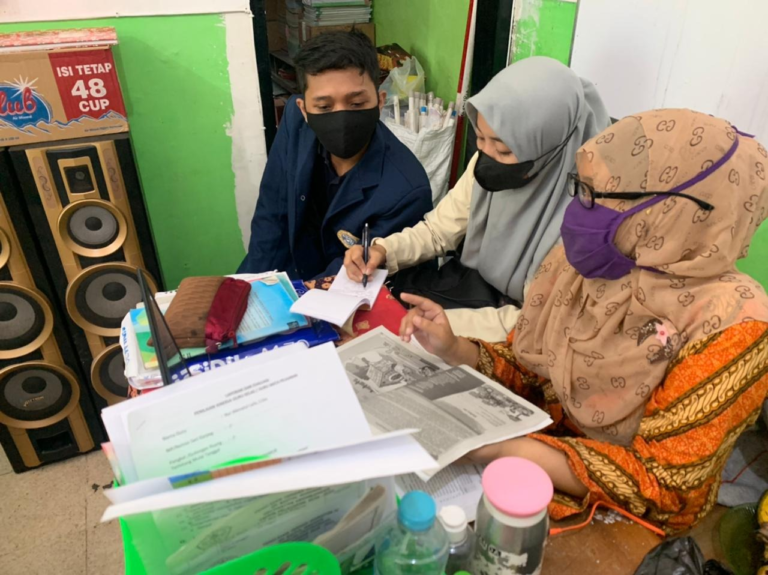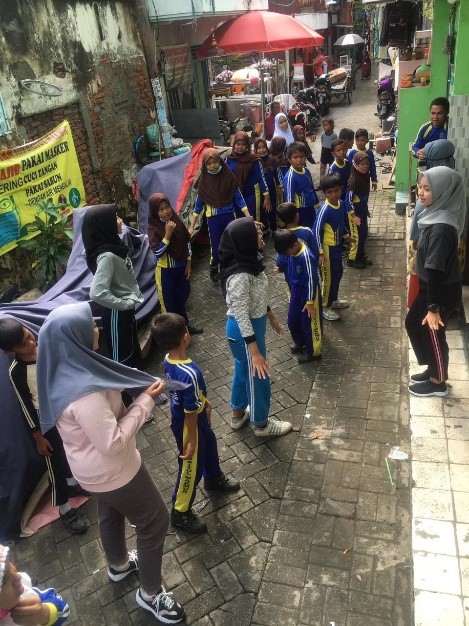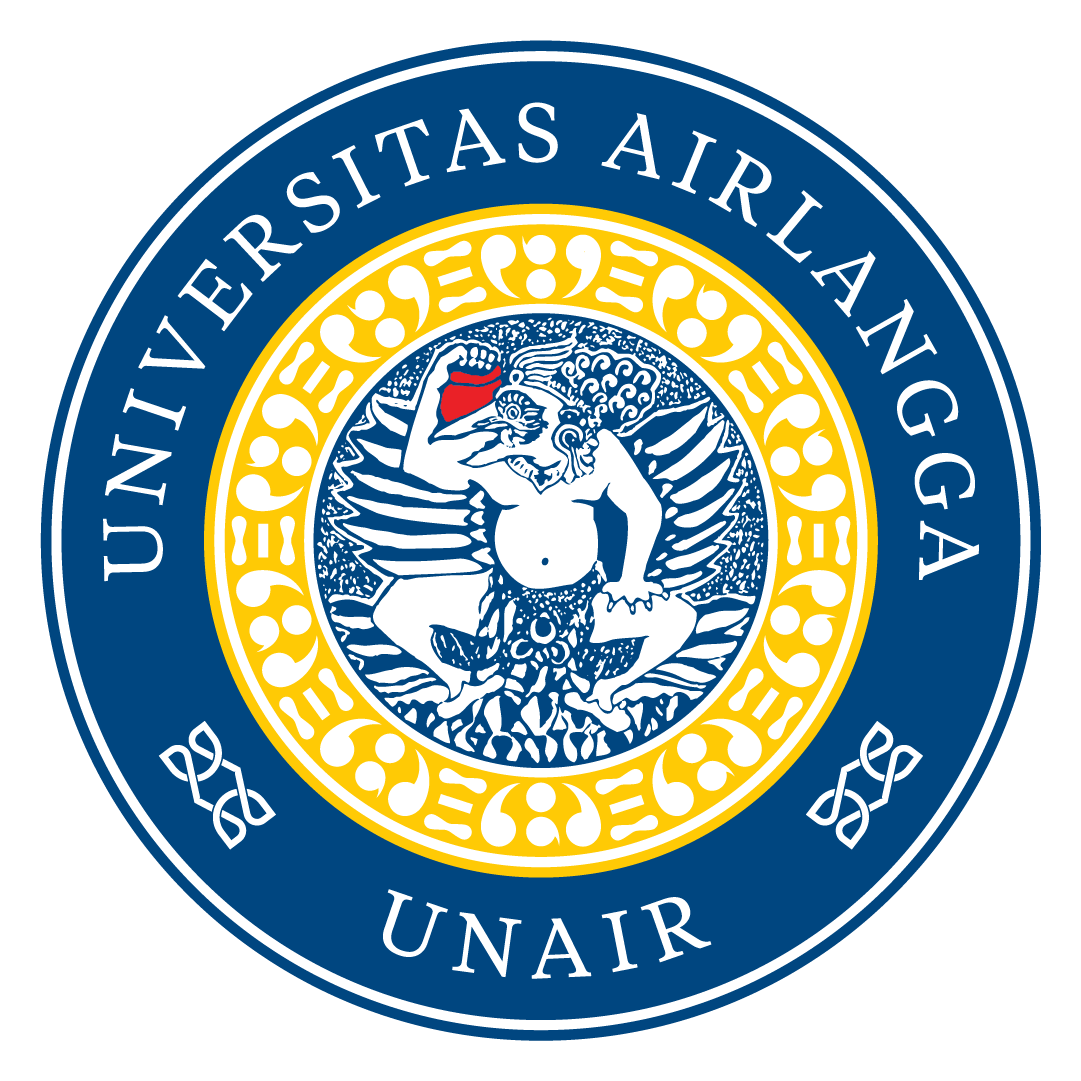Teaching Campus, a series of activities from the Kampus Merdeka program, was launched by the Minister of Education, Culture, Research, and Technology, Nadiem Makarim. This program invites university students to directly engage with elementary schools across Indonesia, particularly those facing challenges in the 3T regions—frontier, remote, and disadvantaged areas. The teaching system implemented by the students can bring innovation in learning, both in literacy and numeracy, as well as adapting to existing technology. Applicants only need to complete the personal data on their Kampus Merdeka account and select the Teaching Campus activity, followed by filling out the registration form.
Al Kahfi Briyan Rifiansyah, a 2017 Mathematics student from the Faculty of Science and Technology at Universitas Airlangga, is one of the 10,000 participants who registered and participated in the Teaching Campus program. Under the guidance of Yanis Ulul Az’mi, SE., S.IIP., MA., a lecturer from the Faculty of Economics and Business at Universitas Wijaya Kusuma, and his group, which included students from various majors and universities, the program ran from March 18 to June 25, 2021, specifically for the first cohort. Al Kahfi first learned about the Teaching Campus from Instagram and decided to join to fill his spare time as a final-year student. Besides the benefits gained from this activity, Al Kahfi also experienced being an educational staff member, sharing insights with local teachers about the school’s situation.

The activities at the elementary school were conducted in a hybrid format, combining face-to-face and online systems. One reason for this approach was to accommodate students who lacked internet access and gadgets, allowing them to come to school to collect assigned worksheets. Online learning was conducted via Google Teams, where tasks, materials, and online teaching were fully provided. However, due to the limited data quota of each student, online learning was not conducted regularly.
SD Baitul Makmur in Surabaya was the school where Al Kahfi carried out his activities. The selection of schools was predetermined based on a provided list, so students could not survey the locations. Nevertheless, the presence of Teaching Campus participants had a significant impact on the schools they assisted. According to Al Kahfi, the administrative and library systems of the school became better organized with the students’ presence.

As mentioned earlier, the contributions of each group to the school included administrative assistance, preparing lesson plans (RPP), developing annual programs (Prota) and semester programs (Prosem), and helping to accredit the school based on set standards. Additionally, Al Kahfi’s group created an innovation for students preparing for their final exams. Al Kahfi explained that they distributed and collected the exam papers from the students daily. Although the innovation worked as intended, Al Kahfi and his group hoped to provide further assistance. They aimed to improve the system as some aspects were still suboptimal.
Al Kahfi hopes that in the future, the Teaching Campus program will reach other schools, ensuring equal teaching standards across Indonesian elementary schools. To future participants of the Teaching Campus program, Al Kahfi advises, “Maximize your brilliant ideas to advance Indonesian education. Show that we, as students, can truly bring about change.”
Author: Annisa Rahma Putri

